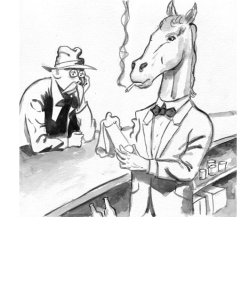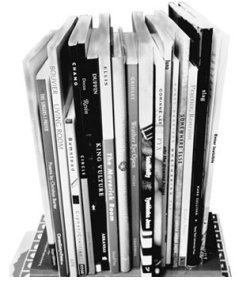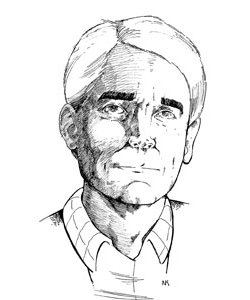Jack Gilbert and E. L. Doctorow Among NBCC Winners: Postcard From New York City
On a frigid night in early March, a well-dressed crowd of around five hundred people piled into the New School’s Tishman Auditorium to witness the announcement of the winners of the National Book Critics Circle Awards. The membership organization of seven hundred critics and reviewers, founded in 1974, bestows awards annually for poetry, fiction, biography, general nonfiction, and criticism. This year, for the first time, autobiography (or memoir), was added as a separate category—an interesting distinction at a time when the controversy over the genre has dominated literary news.








